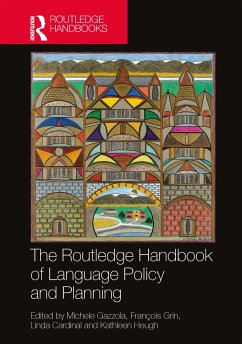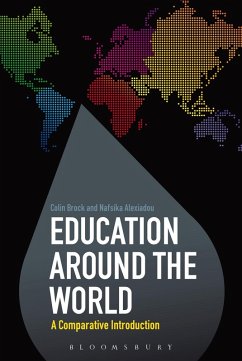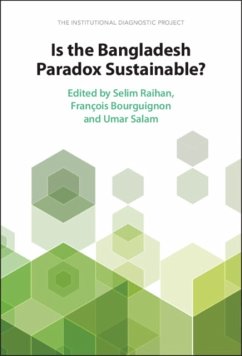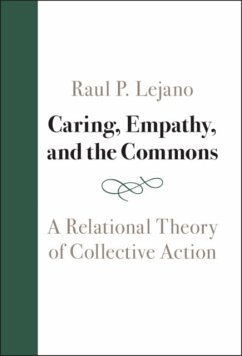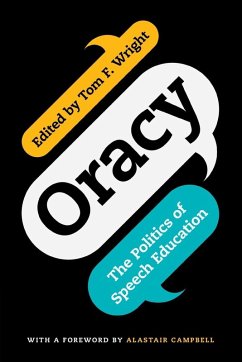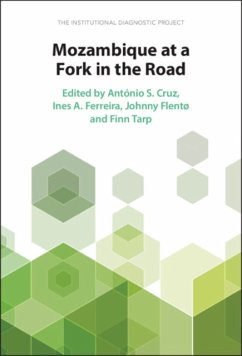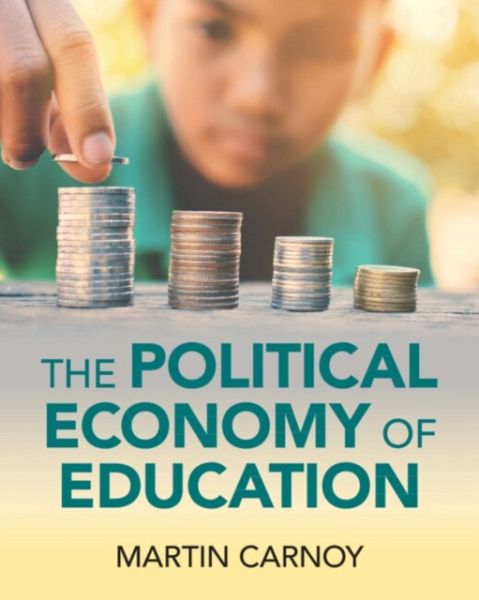
The Political Economy of Education
Versandkostenfrei!
Sofort lieferbar
46,99 €
inkl. MwSt.
Weitere Ausgaben:

PAYBACK Punkte
23 °P sammeln!
The Political Economy of Education provides academically rigorous yet clear explanations of the economics and politics driving today's educational systems and how economists analyze them. The book covers a host of topics central to teaching about education and crucial to educational policy. These include how to use the tools of economic and political theory to take critical measure of education's role in social mobility and economic growth, whether good teachers can overcome social class and race achievement gaps, the effectiveness of early childhood and vocational education, and debates on sc...
The Political Economy of Education provides academically rigorous yet clear explanations of the economics and politics driving today's educational systems and how economists analyze them. The book covers a host of topics central to teaching about education and crucial to educational policy. These include how to use the tools of economic and political theory to take critical measure of education's role in social mobility and economic growth, whether good teachers can overcome social class and race achievement gaps, the effectiveness of early childhood and vocational education, and debates on school accountability and whether increasing spending on schooling improves quality. The book also explores worldwide changes in higher education, especially massification and increased stratification and privatization. Written for upper undergraduate and graduate students in economics, public policy, and education and packed with real-world examples, this is an essential text for anyone interested in gaining fresh and international perspectives on education.





